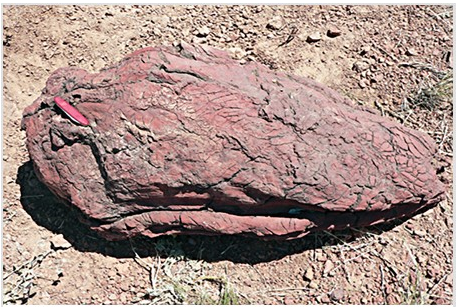In accordance with the pressure gradient,
A. air is less tightly packed in high pressure zones and moves toward low pressure zones.
B. air is more tightly packed in high pressure zones and moves toward low pressure zones.
C. air is less tightly packed in high pressure zones and moves away from low pressure zones.
D. air is more tightly packed in high pressure zones and moves away from low pressure zones.
Answer: B
You might also like to view...
What type of basaltic feature is shown in this photograph?

A) Vesicles
B) Volcanic bomb
C) Aa lava flow
D) Pahoehoe lava flow
E) Pyroclastic flow
What are the historical, structural, and institutional reasons offered to explain poverty in the region?
What will be an ideal response?
The U.S. center of population has moved steadily to the
A) east. B) north. C) south. D) west. E) center.
A recent change in the typical U.S. density gradient has been
A) the elimination of the gap traditionally found in the center. B) an increase in the extremes between the inner and outer areas. C) an increase in the number of people living in the center. D) a reduction in the differences in densities found within an urban area. E) an increase in the differences in densities found within an urban area.